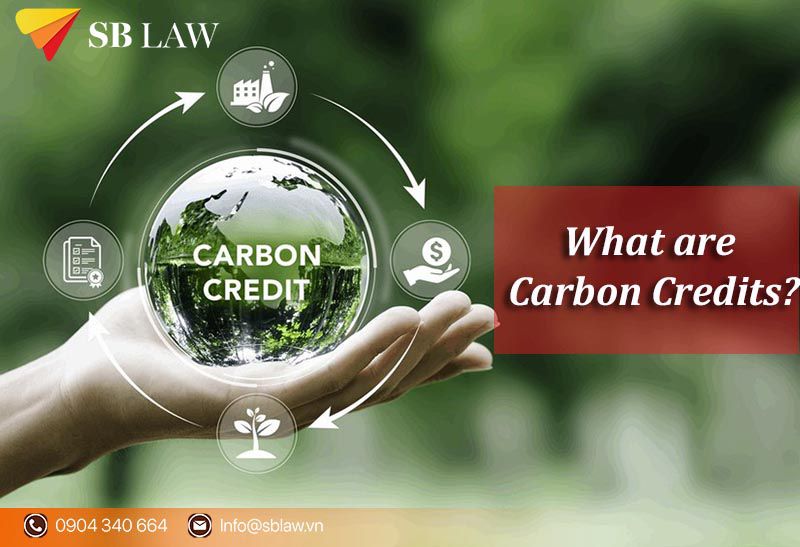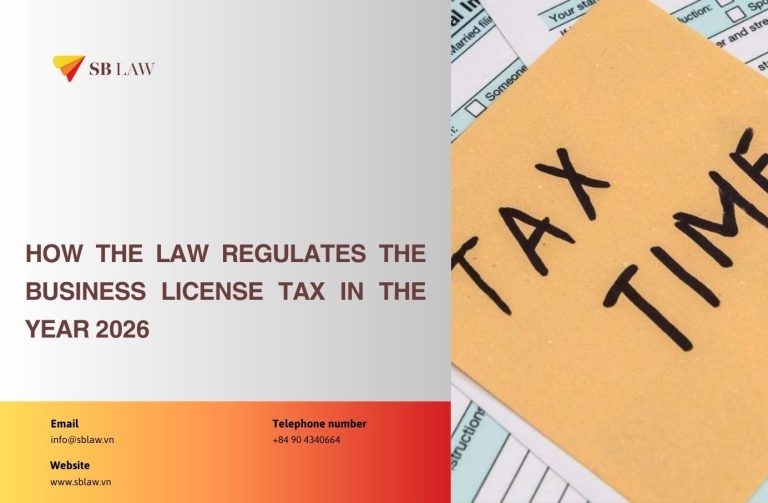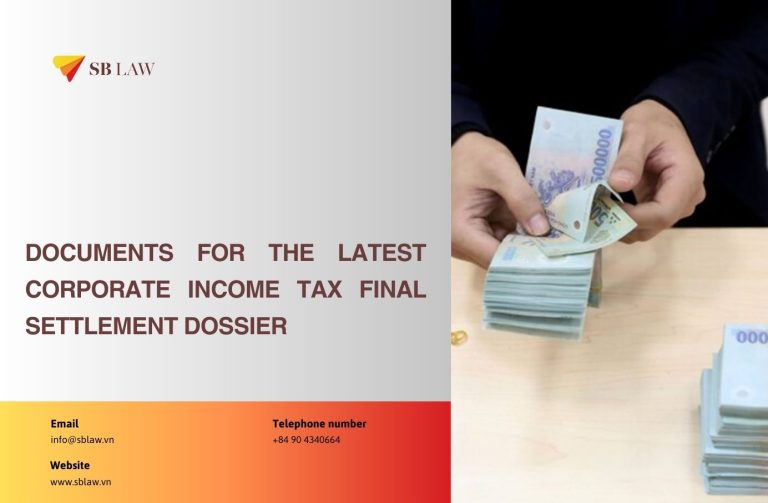-
What are Carbon Credits?
According to Clause 35, Article 3 of the Environmental Protection Law 2020, a Carbon Credit is defined as a tradable certificate that represents the right to emit one ton of carbon dioxide (CO2) or an equivalent amount of another greenhouse gas.
Thus, Carbon Credits are a crucial part of international strategies and are often used in greenhouse gas emission reduction programs to mitigate the impact of global warming and promote sustainable development.

-
History of Carbon Credits Worldwide
In 1997, the Kyoto Protocol of the United Nations on climate change was adopted, marking a significant milestone in the formation of Carbon Credits. This was the first international agreement to set binding emission reduction targets for developed countries.
The Kyoto Protocol introduced market mechanisms such as the Clean Development Mechanism (CDM), Joint Implementation (JI), and Emissions Trading System (ETS) to help countries meet their emission reduction goals. Emission reduction projects through these mechanisms generated Carbon Credits. Consequently, a new commodity emerged globally: greenhouse gas emission reduction/absorption certificates. Since carbon dioxide (CO2) is the equivalent greenhouse gas for all greenhouse gases, transactions were collectively referred to as carbon trading, leading to the formation of the carbon market or Carbon Credit market.
In 2015, the Paris Agreement was established, replacing the Kyoto Protocol and aiming to keep the global temperature increase below 2°C, with efforts to limit it to 1.5°C. The Paris Agreement also encouraged countries to develop new market mechanisms to reduce emissions, continuing to promote the use of Carbon Credits.
-
Current Legal Framework in Vietnam for Carbon Credits
Recognizing the importance of managing carbon credit transactions, since 2012, Vietnam has had policies to build a Carbon Credit market and establish a legal framework to regulate the use of Carbon Credits.
To date, several legal documents have been issued to address this matter, such as:
- Decision No. 1775/QD-TTg dated November 21, 2012, on approving the project for managing greenhouse gas emissions and overseeing carbon credit trading activities in the global market.
- Environmental Protection Law No. 72/2020/QH14 dated November 17, 2020, enacted by the National Assembly. This law includes regulations on reducing greenhouse gas emissions and encourages the development of market mechanisms to control and reduce emissions, including carbon credits.
- Decree No. 06/2022/ND-CP dated January 7, 2022, which provides regulations on mitigating greenhouse gas emissions and protecting the ozone layer. It outlines the development roadmap and timeline for implementing the domestic carbon market and executing domestic and international credit exchange projects.
According to the plan specified in Decree No. 06/2022/ND-CP, the pilot phase for the Carbon Credit market will begin in 2025; the legal framework will be completed by 2027, and the Carbon Credit exchange will officially commence operations in 2028.

-
Services SB Law can provide in the field of Carbon Credits
SB Law can assist clients in understanding and complying with legal regulations on carbon credits through the following services:
4.1. Providing preliminary legal opinions
- SB Law provides and updates clients on new legal regulations regarding carbon credits (including but not limited to tax issues, tax incentive policies, project registration, and approval, etc.) and explains these regulations to clients.
- SB Law offers advice, guidance, or assistance to clients to ensure compliance with legal regulations in this field.
4.2. Legal due diligence
SB Law supports clients in verifying the legality and compliance of carbon credit projects by assessing the relevant legal aspects of the target projects.
4.3. Drafting and negotiating contracts
- SB Law assists clients in drafting, reviewing, and amending contracts, agreements, and memoranda related to carbon credit projects and/or the purchase and sale of carbon credits.
- SB Law directly participates in negotiations with clients' partners regarding the terms of the aforementioned legal documents to protect clients' interests.
|




